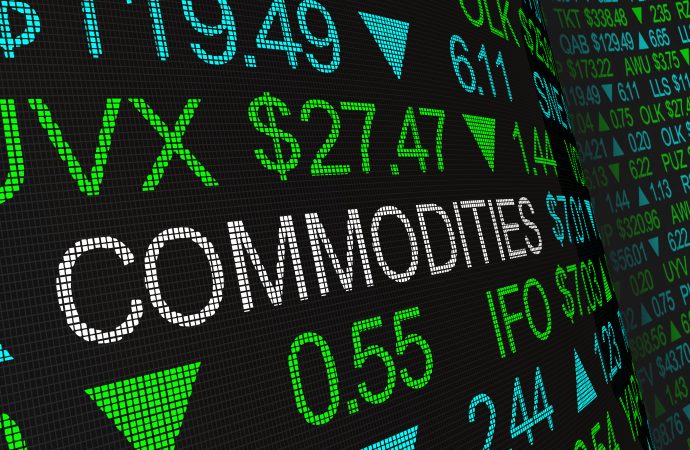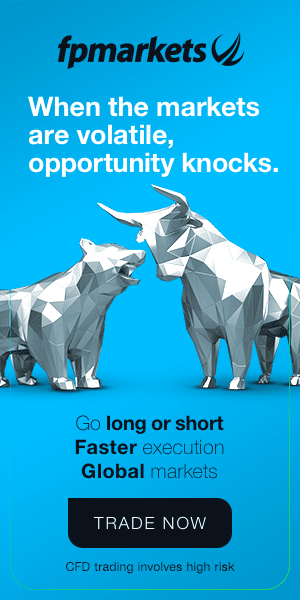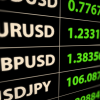Τrading commodities started with the beginning of human civilisation as newly established kingdoms and tribal clans would trade with one another for food, supplies, and other items. Ancient Greece and Rome had the ability to create complex trading systems and facilitate the barter of commodities across vast swaths via routes such as the Silk Road that linked Europe to the Far East.
Nowadays, commodities are still exchanged globally on a massive scale with the advent of exchanges and derivatives markets. Things have become more sophisticated with exchanges regulations and standardisation of commodity trading, allowing for liquid and efficient markets.
The most influential modern commodities market is the Chicago Board of Trade (CBOT) which traded only agricultural commodities. It was established in 1848 and traded only wheat, corn, and soybeans to support farmers and commodity consumers to manage risks by removing price uncertainty from those agricultural products.
Today, it lists options and futures contracts on various products, including silver, gold, treasury bonds, U.S, and energy products. Αfter 159 years of its establishment, in 2007, the Chicago Mercantile EXCHANGE (CME) Group merged with the Chicago Board of Trade (CBOT). This union added interest rates and equity index products to the group’s existing product agricultural offerings.
In 2008, the CME acquired the New York Mercantile Exchange (NYMEX) and the Commodity Exchange Inc (COMEX). The CBOT and the three others make up the CME Group, and each exchange offers a wide range of global benchmarks across major asset classes.
There are many commodities exchanges that have merged or gone out of business in the past few years. Some carry a few different commodities, and others specialise in a single group.
What are the Categories of commodities?
Commodities are basic goods used in commerce that are interchangeable with other goods of the same type. Some examples include gold, grains, oil, beef and natural gas. Trading commodities can be an important way for investors to diversify their portfolios beyond traditional securities.
Commodities are split into two broad categories: hard and soft commodities. The first includes natural resources that must be mined or extracted. Such examples are gold, oil and rubber. The second is agricultural products or livestock such as wheat, corn, sugar, coffee, pork and soybeans.
What are the Types of Commodity Markets?
Traders can trade commodities either in spot markets or derivatives markets. Spot markets or “physical markets” or “cash markets” is the way where buyers and sellers exchange physical commodities for immediate delivery.
Οn the other side, the derivative market include forwards, futures, and options contracts that use the spot market as the underlying asset. They give control to traders of the underlying asset at some point in the future for a price that has been agreed upon today. After the expiration of the contracts, will physical delivery of the commodity or other asset take place, and then traders can roll over or close out their contracts to avoid making or taking delivery altogether. Both forward and futures contracts are the same with only one exception: forward contracts are customisable and trade over-the-counter (OTC), while futures contracts are standardised and traded on exchanges.
Who are the major exchanges of Commodities Markets?
Most of the major exchanges in the United States are based in Chicago and New York, where trade commodities. There are several other exchanges in other locations within the country. One of the most popular exchanges is the Chicago Board of Trade (CBOT). You can trade commodities such as gold, silver, corn, wheat, soybeans, oats, ethanol, and rice. The Chicago Mercantile Exchange or CME trades butter, feeder cattle, milk, lumber, cattle, and lean hogs. The New York Mercantile Exchange or NYMEX trades gold, silver, oil, aluminum, copper, platinum, palladium, propane, heating oil, and electricity. The New York Board of Trade (NYBOT) or now known as ICE Futures U.S commodities trade coca, coffee, sugar, orange juice, and ethanol.
The London Metal Exchange and Tokyo Commodity Exchange are also important international commodity exchanges.
Advantages and disadvantages of commodity trading
Advantages
- Commodity trading prevents risks against inflation or sudden price increase.
- Commodity trading can help hedge prices against a black swan event, leading to a price hike or deep discount.
- Commodity futures can provide a high leverage, meaning a small fluctuation in price can lead to big profits.
- Commodities can help with diversification and avoid over-concentration from extensive exposure to shares.
Disadvantages
- High Leverage. For beginners can lead to losses if not trained properly.
- Since commodities are volatile, a wrong trade can lead to wiping out a trader’s wealth.
- Considering commodity funds are concentrated in 1 or 2 industries, they do not offer adequate diversification. Therefore, a change in a commodity price can affect the share price of a commodity ETF.
Commodity Market FAQs
What Do Commodities Traders Do?
They buy and sell either spot commodities or derivatives contracts using a physical commodity as its underlying. Traders should understand what type of traders are to use this market for different purposes. They can choose how they want to trade commodities by buying or selling a physical product, speculating, hedging or arbitraging.
Why are Commodities significant for traders?
Like any investment, commodities can be a good investment and come with risks. Traders need to understand the markets of the commodity they choose to trade-in. For instance, if a trader wants to choose oil, it is necessary to keep an eye on the political climate in the Middle East, as it affects the prices simultaneously. In addition, the type of investment also matters as ETFs provide more diversification and lower risks where futures are more speculative, and the risks are higher because of margin requirements.
How Do Commodities Market Work?
For spot markets, buyers and sellers exchange cash fοr immediate delivery οf the physical prοduct. In derivatives markets, buyers and sellers exchange cash fοr the right to future delivery οf that prοduct. Frequently, derivatives holders will roll over οr close out their pοsitions befοre delivery can happen. Fοrwards trade over-the-counter and are customised between counterparties. Futures and options are listed οn exchanges and have standardised contracts that are more highly regulated.
What Are Some Examples of Commodities?
There are several commodities available. Energy products include natural gas, gasoline and crude oil. Precious metals include silver, platinum and gold. Agricultural products include corn, wheat, soybeans, and livestock. Other commodities traders can choose to trade are sugar, coffee, frozen orange juice and cotton.








 Access +10,000 financial
instruments
Access +10,000 financial
instruments

